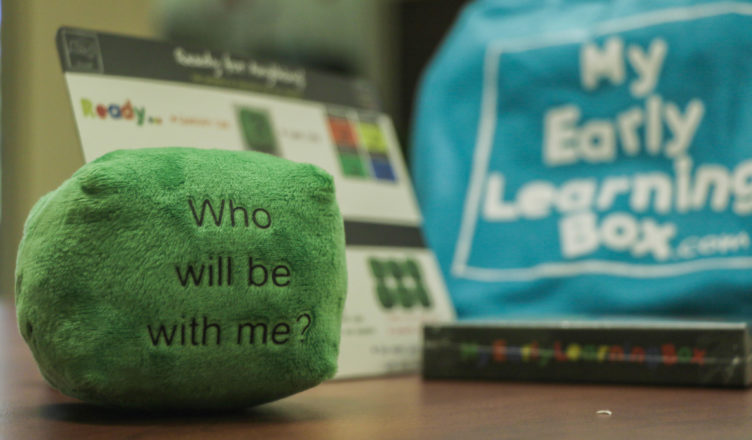Trying to understand what a child is thinking can be difficult. Without the ability to express themselves, or if past trauma has affected their ability to do so, handling grief and trauma can become a major obstacle for foster parents. Whether it’s attachment issues, stubbornness, or acting out, behaviors you experience with foster children may be cries for help. Theresa Aiello, coordinator of the Child & Family Focused Learning Opportunity Program and codirector of the Advanced Certificate in Child and Family Therapy at New York University Silver School of Social Work, explains: “Children don’t have the same cognitive ability as an adult to say what’s bothering them. The problem could be a behavioral issue, psychological issue, or maybe even medical.” But how can foster parents break through and help a child when they can’t understand what that child is expressing? This is where play therapy for foster children comes in.
Magical Thinkers: Think Like A Child
For young children, play can be a way to help them bring out those emotions and ideas that are trapped inside them. Play therapy is a technique that employs the child’s natural mode of being – play – in attempts to unlock the trauma that sparks the outwardly apparent emotional and behavioral issues. “Children can work on issues that are distressing to them, can play out issues of what the future will be, and can talk about trauma. If it’s too hard to put into words, they can work on it with play,” Aiello says. The Foster Care and Adoption Resource Center (FARC) explains why this approach is appropriate:
“Preschoolers are ‘magical thinkers,’ and they may believe their thoughts, feelings, or actions caused their loss. They do not readily share their magical thinking, so adults must assess their experience of grief through behavior, play therapy, or other means. Children this age may feel anxious, hopeless, clingy, or withdrawn and emotionally numb.”
For those children who have no means of understanding their trauma, play can be powerful. According to the Association for Play Therapy (A4PT), play therapy can address a multitude of issues stemming from things like including anger management, grief/loss, abandonment, anxiety, depression, ADHD, and autism. A4PT believes that “play therapy is more than working out feelings.” Playtherapy.org tells us that the goal of play therapy for foster children is to create “a safe, confidential and caring environment which allows the child to play with as few limits as possible but as manay as necessary (for physical and emotional safety).” The entire focus is to help the child pull out and express trauma that may be resting in their unconscious mind.
Play Therapy and Your Foster Child
The State of New Jersey requires that a child be evaluated officially before any therapy can begin, so you might want to seek out play therapy toys as an introduction for you if you’re curious about play therapy for foster children. If your child’s behaviors seem serious, it is recommended that you speak with your caseworker to discuss your options.
For those intrigued by play therapy, you can get started right in your own home. At a recent conference held by the National Foster Parent Association in Houston, FAFS encountered a vendor of toys aimed at giving parents their own entry point into play therapy for foster children – MyEarlyLearningBox. Some of these options delve into play therapy options discussed here, but other toys, like the plush alphabet set, are aimed at addressing children with sensory and tactile issues. The “Ready For Anything” game comes with a plush die and a set of cards that will help a child in care learn how to mentally prepare themselves for a variety of life situations, whether its simply playing outside or going to school. “The goal of this game is to work on all kinds of situations, places you go. Ask them questions, and see if you can help them get to an answer to help them be prepared,” says John Sponholz, a representative from MyEarlyLearningBox.
Play therapy is a unique opportunity to gain access to the inner, unexpressed feelings of children. To learn more about it, visit www.a4pt.org or watch Dr. Nick Cornett’s video below:
Author: Frank Alvarez, Digital Content Creator
Frank Alvarez is the Digital Media Coordinator at Foster and Adoptive Family Services.


One thought on “Unlocking Hidden Emotions: Play Therapy for Foster Children”